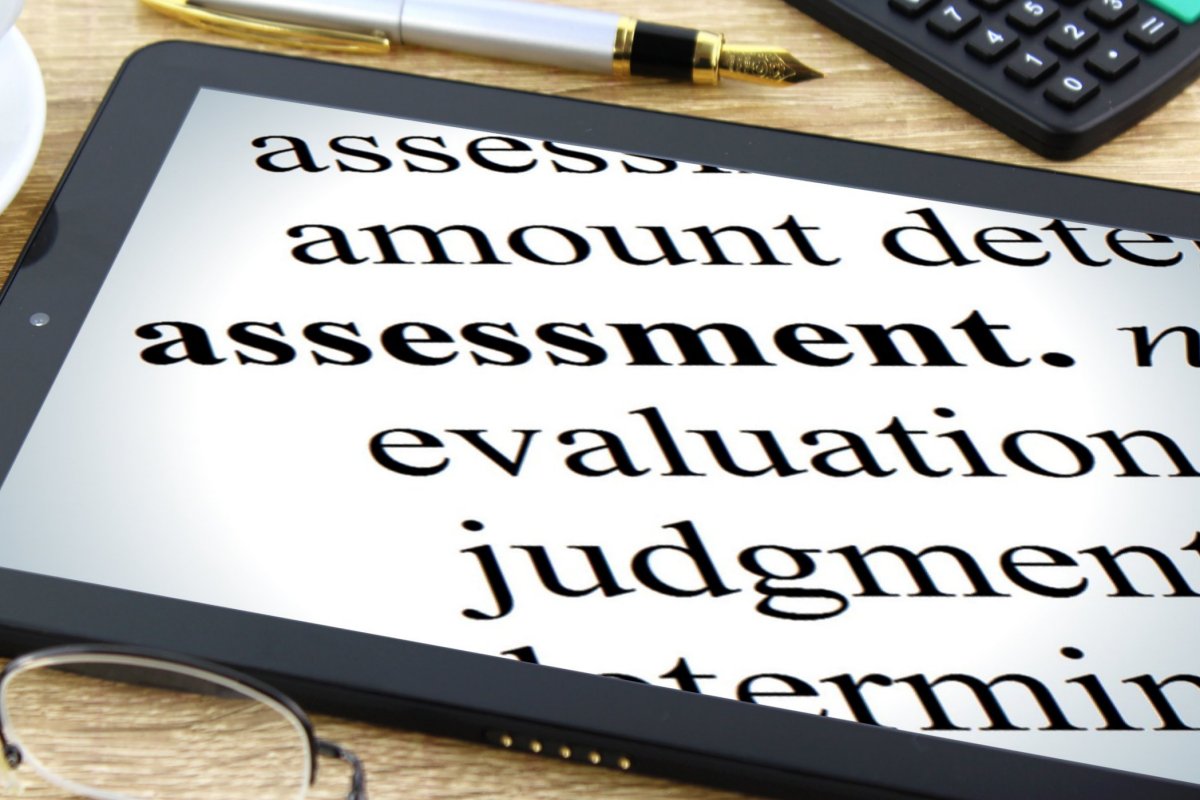Introduction:
Leadership is the cornerstone of success in any organization, driving growth, innovation, and fostering a positive work environment. Leadership assessment is a critical process that helps organizations identify and nurture effective leaders. In this article, we will explore the significance of leadership assessment, its various methods, and how it contributes to personal and organizational development.
1. The Essence of Leadership Assessment:
Leadership assessment is the systematic process of evaluating and measuring an individual’s leadership qualities, competencies, and potential. This process provides valuable insights into a leader’s strengths and areas for improvement, which can guide personal growth and organizational development.
2. The Significance of Leadership Assessment:
Leadership assessment is of paramount importance for several reasons:
- Identifying Potential Leaders: It helps organizations pinpoint individuals with leadership potential, regardless of their current position, allowing for early talent recognition.
- Improving Leadership Skills: Assessment provides leaders with feedback on their strengths and weaknesses, enabling targeted development and growth.
- Enhancing Team Performance: Effective leaders positively impact team dynamics, motivation, and productivity.
- Succession Planning: Identifying future leaders is essential for succession planning and ensuring a smooth transition in leadership roles.
3. Leadership Assessment Methods:
There are various methods for leadership assessment, each with its unique approach and focus. Common methods include:
- 360-Degree Feedback: Collecting feedback from peers, subordinates, superiors, and self-evaluation to gain a holistic view of a leader’s performance.
- Psychometric Assessments: Utilizing standardized psychological tests to assess personality traits, values, and competencies relevant to leadership.
- Behavioral Interviews: Structured interviews that assess a leader’s past experiences and how they align with organizational goals.
- Assessment Centers: Immersive, day-long evaluations that assess leadership competencies through a series of tasks, simulations, and exercises.
- Leadership Competency Models: Defining the key competencies required for leadership roles and using them as a basis for assessment.
4. Benefits of Leadership Assessment:
Leadership assessment offers a wide range of benefits:
- Personal Growth: Leaders gain self-awareness, enabling them to refine their skills and address weaknesses.
- Objective Feedback: Assessment provides objective, data-driven feedback, removing biases and subjectivity.
- Effective Development: Identifying areas for improvement allows for targeted development, leading to improved leadership skills.
- Enhanced Decision-Making: Assessments help organizations make informed decisions about promotions, succession planning, and leadership development programs.
5. Challenges in Leadership Assessment:
While leadership assessment is valuable, it comes with its own set of challenges, including:
- Bias and Subjectivity: If not executed impartially, assessments can be influenced by personal biases and subjectivity.
- Resource Intensive: Comprehensive assessments, such as assessment centers, can be resource-intensive in terms of time, cost, and effort.
- Resistance to Feedback: Some leaders may be resistant to feedback, hindering the assessment process.
6. The Connection Between Leadership Assessment and Organizational Success:
Effective leadership is directly linked to an organization’s success. When leaders are aware of their strengths and weaknesses and actively work on self-improvement, they can create a positive work culture, inspire their teams, and drive innovation. This, in turn, leads to improved productivity, customer satisfaction, and financial results.
7. Continuous Leadership Development:
Leadership assessment is not a one-time event but an ongoing process. Successful organizations invest in continuous leadership development, allowing leaders to refine their skills, adapt to changing environments, and remain effective.
Conclusion:
Leadership assessment is a pivotal process for identifying, nurturing, and enhancing leadership qualities within an organization. It offers a structured, data-driven approach to leadership development, creating a pathway to personal and organizational success. In a rapidly evolving business landscape, leadership assessment ensures that leaders are equipped to meet the challenges of today and tomorrow, fostering a culture of growth, innovation, and continuous improvement.
Check out Leadership Success for more information.





